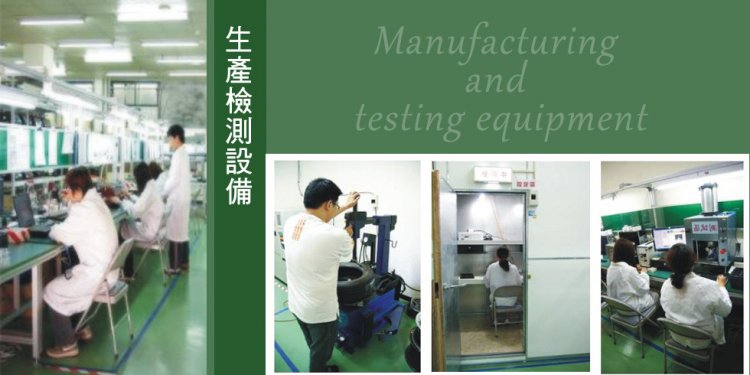
Automotive industry quality Standards
 The Global Organization for Standardization (ISO) defines a regular as a "document, set up by opinion and authorized by an established body, that provides – for common and duplicated use – rules, instructions or attributes for tasks of their outcomes, geared towards the achievement of maximum level of purchase in confirmed framework."
The Global Organization for Standardization (ISO) defines a regular as a "document, set up by opinion and authorized by an established body, that provides – for common and duplicated use – rules, instructions or attributes for tasks of their outcomes, geared towards the achievement of maximum level of purchase in confirmed framework."
Companies use administration methods standards to assist manage processes or tasks so the outcomes meet founded targets, such:
AerospaceAS9100, the worldwide quality administration standard when it comes to aerospace business, was circulated in 1999. Numerous aerospace makers and manufacturers need conformity to the standard.
AuditingISO 19011 provides help with auditing management methods, with details on the principles of auditing, handling an audit program, and performing management system audits. It also includes help with assessing the competence of an individual mixed up in audit procedure, such as the person handling the audit program, auditors, and review teams.
AutomotiveISO/TS 16949 is a technical requirements that, along with ISO 9001, defines quality administration system demands for design, development, manufacturing and, when relevant, installation and service of automotive-related items. It absolutely was manufactured by the Global Automotive Task energy and aligns US, German, French, and Italian automotive high quality standards inside the worldwide automotive industry.
EnvironmentISO 14001 combines ecological considerations into operations and product standards. The ISO 14000 show specify demands for developing an ecological plan, determining environmental effects of products, preparing ecological targets, utilization of programs to generally meet objectives, corrective action, and administration review.
Danger administration Social responsibilityISO 26000 provides assistance with the underlying axioms of personal duty and integrating socially accountable behavior into businesses. This International traditional is supposed to utilize to all or any kinds of companies in personal, general public, and nonprofit areas, whether large or small, and whether running in developed or establishing countries.
StatisticsStatistical standards offer means of collecting, examining, and interpreting information. ANSI/ASQ Z1.4-2008 establishes sampling plans and processes for assessment by qualities. ANSI/ASQ Z1.9-2008 establishes sampling programs and processes for assessment by factors.
TelecommunicationsTL 9000 defines the telecommunications high quality system demands for design, development, manufacturing, distribution, installation, and maintenance of services and products into the telecommunications business. It utilizes ISO 9000 as a foundation but goes one step more to incorporate industry-specific needs and metrics.

















